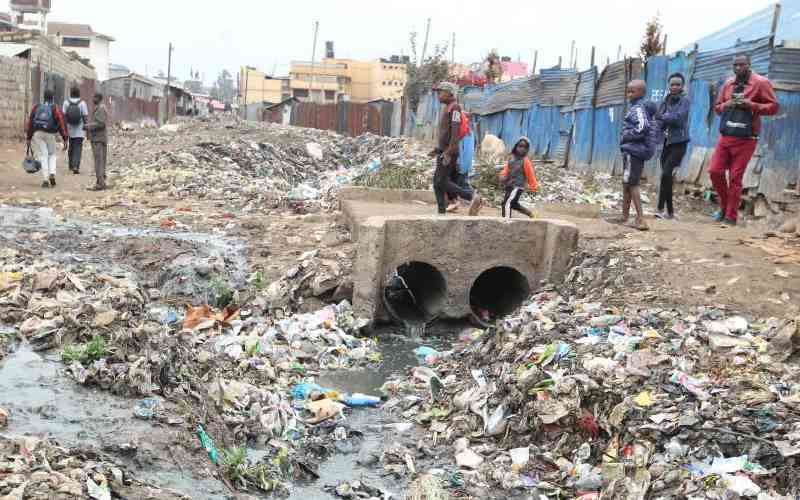×
The Standard e-Paper
Stay Informed, Even Offline

Recent calls by the Kenya Institute of Public Policy Research and Analysis (Kippra) on the government to encourage circular economy approach to plastic waste management couldn't have come at a better time.
In a new policy brief, the think-tank urged authorities to encourage plastic recycling by zero-rating imported technologies. This will create jobs and reduce the impact of waste on environmental health, according to Kippra.